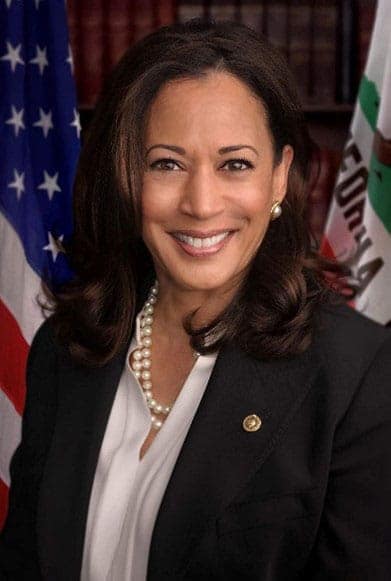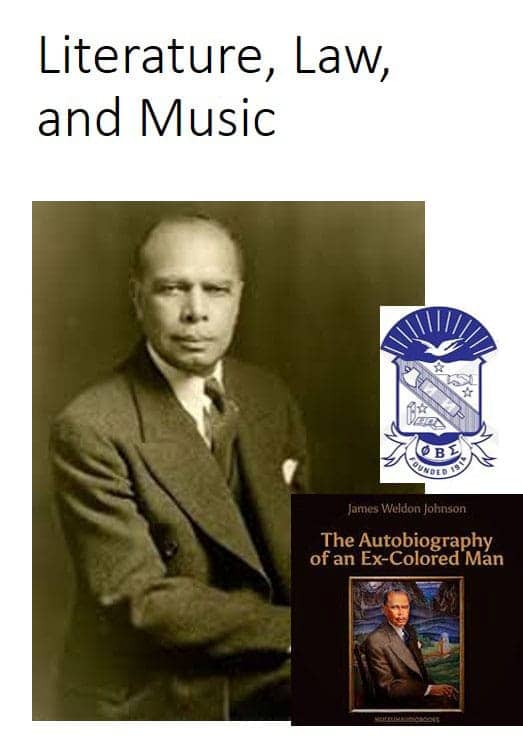Black History Moments

Dr. Carter G. Woodson
On Feb. 7, 1926, Carter G. Woodson, initiated the first celebration of Negro History Week which led to Black History Month, to extend and deepen the study and scholarship on African American history, all year long.
Since 1976, every American president has designated February as Black History Month and endorsed a specific theme.
The Black History Month 2021 theme, “Black Family: Representation, Identity and Diversity” explores the African diaspora, and the spread of Black families across the United States.

House of Zipporah Potter
A retired professor of education at Boston University, (Vivian Johnson) was poking through records in the Massachusetts Historical Society – she loves to do research – looking for information about how African Americans educated their children in the 17th century, when she came across something that would occupy her for the next five or so years.
It was a woman’s name, Zipporah Potter, along with one bit of information that Johnson found impossible: that she was a 17th century African American woman who owned property in the North End. Both of these facts put her way, way ahead of her time and make her the first African American landowner in Boston, male or female.
”more...”
Johnson found the deed to the house, which Potter purchased in 1670, and a 1676 map that depicted it was next to where a mill pond emptied into a creek that carried it to the bay. The pond and the creek are long gone, as is the colossal highway that kept the property in shadows for decades. The spot is now a nice stretch of mowed grass on the Rose Kennedy Greenway, just off where Hanover Street crosses. A historical plaque was unveiled at the site, with a dedication by Governor Deval Patrick.
Records indicate she inherited some money when her father, a slave, died, and that is what she used to buy the house and property. But how she remained free and how she used that inheritance to acquire land when blacks and women did not, remains an intriguing mystery.
”less...”

Dr. Kizzemkia Shanta Corbett
Dr. Kizzmekia “Kizzy” Shanta Corbett (born January 26, 1986) is an American viral immunologist at the Vaccine Research Center at the National Institute of Allergy and Infectious Diseases, National Institutes of Health based in Bethesda, Maryland. Appointed to the Vaccine Research Center in 2014, she is currently the scientific lead of the center’s Coronavirus Team, with research efforts aimed at propelling novel coronavirus vaccines, including a COVID-19 vaccine. In December 2020, the Institute’s Director Anthony Fauci said: “Kizzy is an African American scientist who is right at the forefront of the development of the vaccine.
”more...”
Additionally, Corbett has worked to rebuild trust with vaccine hesitant populations such as the Black community. For example, she presented education about the COVID-19 vaccine development to Black Health Matters in October 2020. Her race has been a focus of government outreach; after a study released by the NAACP and others revealed that only 14% of black Americans believe a COVID-19 vaccine will be safe, National Institutes of Allergy and Infectious Diseases Director Fauci was told by Dr. Corbett “the first thing you might want to say to my African American brothers and sisters is that the vaccine that you’re going to be taking was developed by an African American woman.
In recognition of her work on the vaccine, Orange County, North Carolina named January 12, 2021 “Dr. Kizzy Corbett Day”.
”less...”



Vice President Kamala Harris
46th Vice President of United States Kamala Harris
Born in Oakland, California on born October 20, 1964 is an American politician and attorney serving as the 49th vice president of the United States. She is the United States’ first female vice president, the highest-ranking female official in U.S. history, and the first African American and first Asian American vice president.
Harris graduated from Howard University and the University of California, Hastings College of the Law. She began her career in the Alameda County District Attorney’s Office, before being recruited to the San Francisco District Attorney’s Office and later the City Attorney of San Francisco‘s office. In 2003, she was elected district attorney of San Francisco. She was elected Attorney General of California in 2010 and re-elected in 2014.
”more...”
In the 2016 Senate election she became the second African American woman and the first South Asian American to serve in the United States Senate. As a senator, she advocated for healthcare reform, a path to citizenship for undocumented immigrants, the DREAM Act, a ban on assault weapons, and progressive tax reform.
Harris sought the 2020 Democratic presidential nomination, but dropped out of the race prior to the primaries. Biden selected Harris as his running mate in August 2020, and their ticket went on to win the general election in November. Harris assumed office as vice president of the United States on January 20, 2021.
”less...”



James Weldon Johnson
The Author of “Lift Every Voice and Sing” and so Much More….
Not just an influential and notable novelist, poet, and songwriter, James Weldon Johnson (1871-1938) was a lawyer, a United States consul in a foreign nation, and served an important role in combating racism through his position in the NAACP.
James Weldon Johnson was born in Jacksonville, Florida. His father was a headwaiter at a hotel and his mother was a teacher at the segregated Stanton School. Johnson grew up in a middle-class home, and his mother encouraged him to pursue an interest in reading and music. Johnson attended Stanton until he entered high school. He attended high school and college at Atlanta University. He received his bachelor’s in 1894.
After college, Johnson pursued several endeavors. He became the principal of Stanton School, and expanded the school to include a high school. He also began studying the law under the instruction of a white attorney. In 1898, he was admitted to the Florida Bar. Johnson continued to serve as principal, but he also began practicing law. While balancing his dual career, Johnson found time to write poetry and songs.
”more...”
In 1901, Johnson decided to pursue a career in writing. Johnson and his brother, John Rosamond Johnson, left for New York City to write songs for musicals. They achieved success with the composition of around two hundred songs for Broadway.
While in New York, Johnson also became involved in politics. In 1904, he served as treasurer for the Colored Republican Club. In 1906, the Roosevelt Administration appointed Johnson as the United States consul in Puerto Cabello, Venezuela. In 1909, he served as consul in Corinto, Nicaragua until 1913. In addition to his service as consul, during this time, Johnson anonymously published his novel, The Autobiography of an Ex-Coloured Man (1912).
After leaving the public sector, in 1916, Johnson accepted the position of field secretary for the National Association for the Advancement of Colored People (NAACP). Johnson worked at opening new branches and expanding membership. In 1920, the NAACP appointed him executive secretary. In this position, he was able to bring attention to racism, lynching, and segregation. After ten years of serving as executive secretary, Johnson resigned, and accepted a creative writing teaching position at Fisk University.
Johnson developed his own philosophy on lessening racism in America. While W.E.B. Du Bois advocated intellectual development and Booker T. Washington advocated industrial training to combat racism, Johnson believed that it was important for blacks to produce great literature and art. By doing so, Johnson held that blacks could demonstrate their intellectual equality and advance their placement in America.
Throughout Johnson’s life, he was able to continue writing. Johnson wrote several notable works before and during the Harlem Renaissance. One of his more popular works was, God’s Trombones: Seven Negro Sermons in Verse (1927). In 1927, he also reissued his novel, The Autobiography of an Ex-Coloured Man, in his name.
Johnson died in 1938, after a train hit the car he was in.
”less...”
Weekly Schedule
Loading most recent information...
Loading most recent information...
